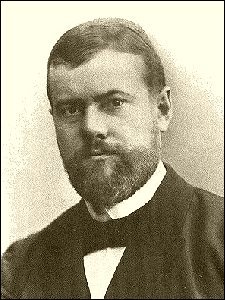
Summary Basic concepts Īlthough not a detailed study of Protestantism but rather an introduction to Weber's later studies of interaction between various religious ideas and economics ( The Religion of China: Confucianism and Taoism 1915, The Religion of India: The Sociology of Hinduism and Buddhism 1916, and Ancient Judaism 1917), The Protestant Ethic and the Spirit of Capitalism argues that Puritan ethics and ideas influenced the development of capitalism. It is the 8th most cited book in the social sciences published before 1950. In 1998, the International Sociological Association listed this work as the fourth most important sociological book of the 20th century, after Weber's Economy and Society, Mills' The Sociological Imagination, and Merton's Social Theory and Social Structure. In his book, apart from Calvinists, Weber also discusses Lutherans (especially Pietists, but also notes differences between traditional Lutherans and Calvinists), Methodists, Baptists, Quakers, and Moravians (specifically referring to the Herrnhut-based community under Count von Zinzendorf's spiritual lead).


In other words, the Protestant work ethic was an important force behind the unplanned and uncoordinated emergence of modern capitalism. In the book, Weber wrote that capitalism in Northern Europe evolved when the Protestant (particularly Calvinist) ethic influenced large numbers of people to engage in work in the secular world, developing their own enterprises and engaging in trade and the accumulation of wealth for investment. It is considered a founding text in economic sociology and a milestone contribution to sociological thought in general.

Begun as a series of essays, the original German text was composed in 19, and was translated into English for the first time by American sociologist Talcott Parsons in 1930. The Protestant Ethic and the Spirit of Capitalism ( German: Die protestantische Ethik und der Geist des Kapitalismus) is a book written by Max Weber, a German sociologist, economist, and politician. The Protestant Ethic and the Spirit of Capitalism at Wikisource


 0 kommentar(er)
0 kommentar(er)
